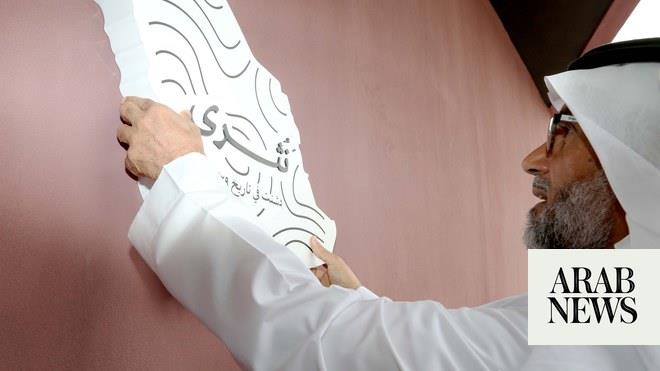
The idea of business incubators was introduced by Joseph L. Mancuso in the 1950s. He established a warehouse where startup companies could be located and benefit from shared services, mentoring and training.
Business incubators have proliferated and the International Business Innovation Association estimates there are between 7,000 and 9,000 worldwide.
Specialist variants of incubator centers have emerged, not just single buildings but integrated complexes such as university-based incubators and science parks.
In the early 2000s a new kind of business incubator emerged — the business accelerator. In the Kingdom and Gulf states they began to take off around 2010 and grew rapidly.
There is confusion about how business accelerators differ from traditional business incubators, and people may be curious about how they add economic value to countries such as Saudi Arabia in their attempt to transition into a leading knowledge-based economy.
Critics can be forgiven for thinking that business accelerators are just rebranded traditional incubators, providing new opportunities to attract government subsidies and funds while showing little proof of their distinctiveness and efficacy.
However, it is becoming clear that the business accelerator model has advantages when supporting the development of innovation-based businesses. It is a stronger catalyst for speeding up the startup and growth process than traditional incubators.
The thinking behind a startup incubator is that new startups are likely to fail if exposed directly to market forces. It is wasteful to squander so many promising startups if a bit of support and protection when they are new and vulnerable can help them survive and prosper.
Concentrating startups in incubator centers means that support can be delivered economically and efficiently. Incubation centers can also attract seed money from financial organizations and governments in ways that no individual startup could access on its own.
The accelerator is a kind of incubator and shares the overall goal of improving the chances of a startup to survive and grow. However it seeks to accelerate the growth of a startup, not just nurture survival at its own pace.
Accelerators work best on startups where the product or service has already been sufficiently developed to benefit from rapid growth. It is designed to facilitate the injection of investment equity finance, not just seed finance in the form of grants, subsidies or loans. Investors often see it as not just investing in the business, but investing in the professional development and growth potential of the team.
An accelerator provides support in a much more structured and defined way, usually through intensive and formally organized programs. The boost to performance is expected to be visible and rapid. It is a model much more compatible with the provision of equity capital, as investors can see and even have some control on the development of the company and its ability to provide returns on their investment.
Accelerators are springing up in most urban centers in Saudi Arabia, often linked to science and technology-based universities. There have been at least 30 established since 2010. Many are newly established and have yet to produce their first startups. Saudis also can join accelerator programs in places such as Dubai and Jordan.
The current accelerators show a diversity of types and programs. Some are attached to universities or technical colleges and are confined to graduates, researchers and students on entrepreneurship courses. Others are open to a range of entrepreneurs and are backed by corporate companies, for example Ikea Forward, or by national charities such as the Misk Growth Accelerator.
Many take a share of equity as recompense for services, but others only collect membership fees. Most accelerators repeat their programs and are designed to have a sustainable turnover of new startups each year. Others are one-off.
With so many new accelerators emerging in the last two years it is too early to see how successful they have been at supporting innovation-based startups. There have been several who have ceased to operate. Saudi Arabia can boast of longer-established accelerators that have been very successful in the number and quality of startups supported.
Special mention must go to Taqadam with 75 startups, and Astrolabs in Riyadh, which has a network of international partners to support its workshops. The diversity of accelerators that is emerging is encouraging, but is also a symptom that the most appropriate accelerator models for supporting emerging innovation-based businesses in the Kingdom are yet to be discovered.
There appears to be a preponderance of early stage startup accelerators, and less emphasis on later stage accelerators to boost the growth of the most promising new ventures to take them from small-scale to global and corporate.
Just transferring accelerator models that have been successful in the US and Europe is unlikely to provide full solutions, as the Saudi innovation ecosystem is still evolving and establishing itself within a cultural, institutional and overall business environment greatly different from that in the West.
Given this scenario the current trend for diversity and experimentation in the provision of accelerator programs is to be welcomed, as the most appropriate and useful will emerge in time.
• Prof. Dr. Peter Rosa is George David Chair of Entrepreneurship and Family Business at the University of Edinburgh.
• Dr. Abdullah Alakeel is a specialist of commercialization of innovation at KACST, University of Edinburgh.
Disclaimer: Views expressed by writers in this section are their own and do not necessarily reflect Arab News" point-of-view











